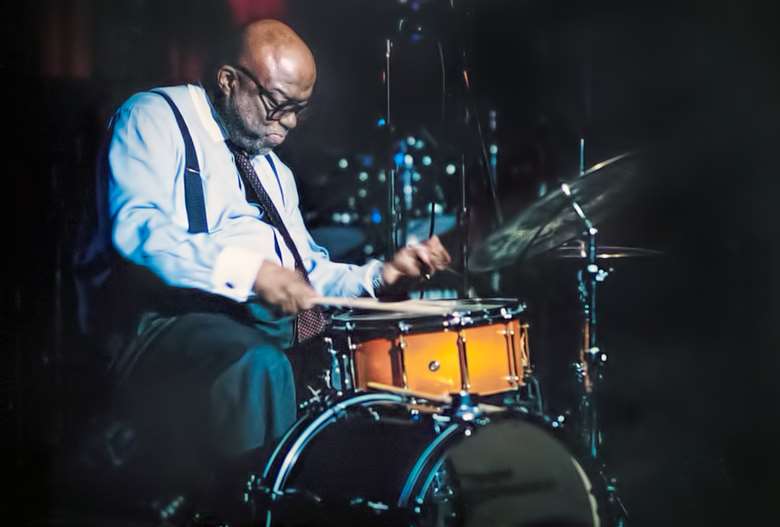Stanley Crouch (14/12/1945 – 16/9/2020)
Brian Priestley
Friday, September 18, 2020
The feared and revered jazz critic has died aged 74


Register now to continue reading

Thank you for visiting Jazzwise.co.uk. Sign up for a free account today to enjoy the following benefits:
- Free access to 3 subscriber-only articles per month
- Unlimited access to our news, live reviews and artist pages
- Free email newsletter